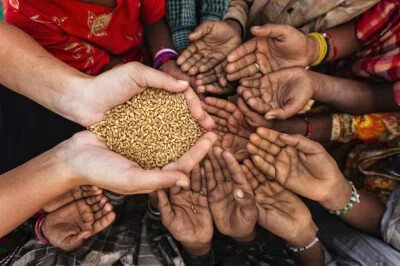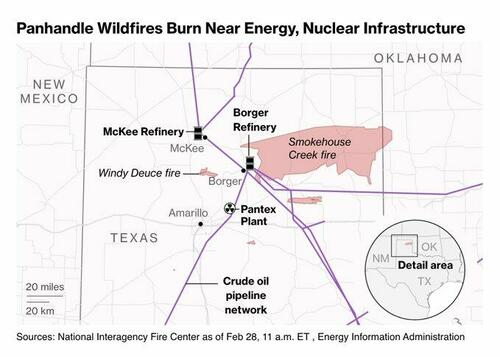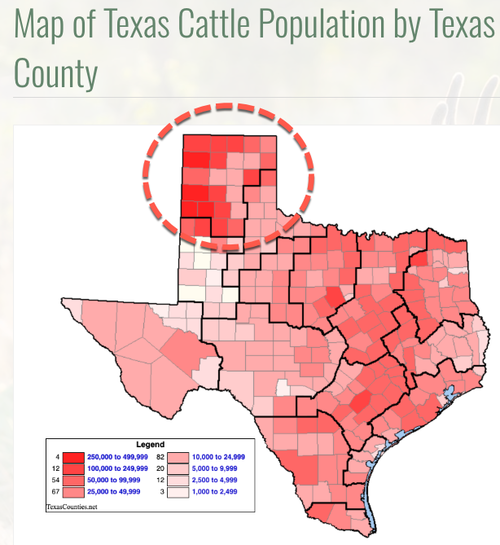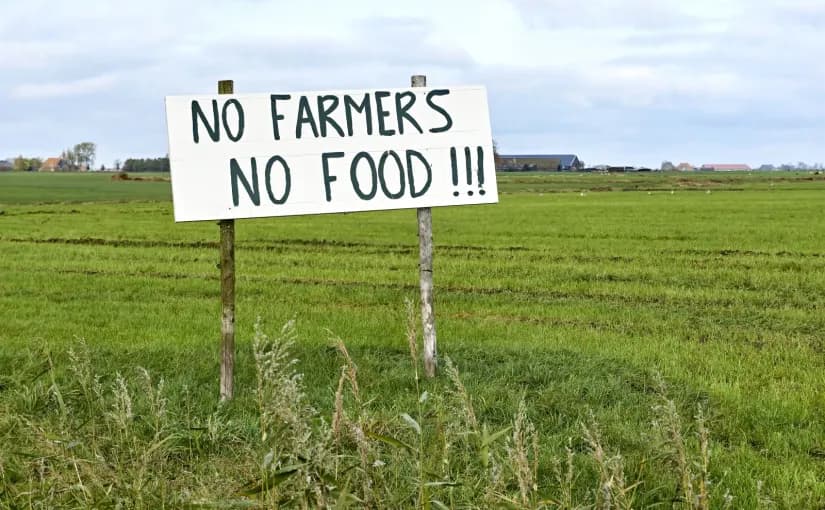Forced prison labor is supplying renowned U.S. food giants with millions of dollars worth of agricultural products
02/16/2024
According to a sweeping two-year Associated Press (AP) investigation on a former southern slave plantation that is now the country's largest maximum-security prison, prisoner labor has been tied to hundreds of millions of dollars worth of agricultural products sold on the open market.
Coming out of Louisiana State Penitentiary are unmarked trucks packed with cattle. AP report indicated that prisoners here are sentenced to hard labor and forced to work, for pennies an hour or sometimes nothing at all. After rumbling down a country road to an auction house, the cows are bought by a local rancher. The news outlet followed another 600 miles to a Texas slaughterhouse that feeds into the supply chains of giants like McDonald's, Walmart and Cargill.
The damning report further indicated that if the vulnerable prisoners refuse to work, it may jeopardize their chances to get parole. Worse, they are punished by being sent to solitary confinement. The probe also found that they get excluded from protections guaranteed to almost all other full-time workers, even when they are seriously injured or killed on the job.
Meanwhile, the end products that the jail men produce go to supply chains to leading groceries and supermarkets, including Kroger, Target, Aldi and Whole Foods. Some goods are even exported to countries that have had products blocked from entering the U.S. for using forced or prison labor.
AP argued that the companies purchasing this supply from prisons are violating their policies against the use of forced free labor. But it may be completely legal.
Enshrined in the Constitution by the 13th Amendment, slavery and involuntary servitude are banned – except as punishment for a crime. That clause is currently being challenged on the federal level, and efforts to remove similar language from state constitutions are expected to reach the ballot in about a dozen states this year.
Moreover, AP analyzed data from correctional facilities nationwide which traced nearly $200 million worth of sales of farmed goods and livestock to businesses over the past six years. The news organization believes this is a conservative figure that does not include tens of millions more in sales to state and government entities. Much of the data provided was incomplete, though it was clear that the biggest revenues came from sprawling operations in the South and leasing out prisoners to companies.
To some critics, labor inside the penitentiary may be continued but the incarcerated people should at least be paid fairly and treated humanely and all work should be voluntary. "They are largely uncompensated, they are being forced to work, and it's unsafe. They also aren't learning skills that will help them when they are released," law professor Andrea Armstrong said. "It raises the question of why we are still forcing people to work in the fields." (Related: The corporations that are so concerned about slavery and social justice still rely on forced slave labor to make their profits.)
Prison laborers routinely hurt, abused and even killed
Continued at link











